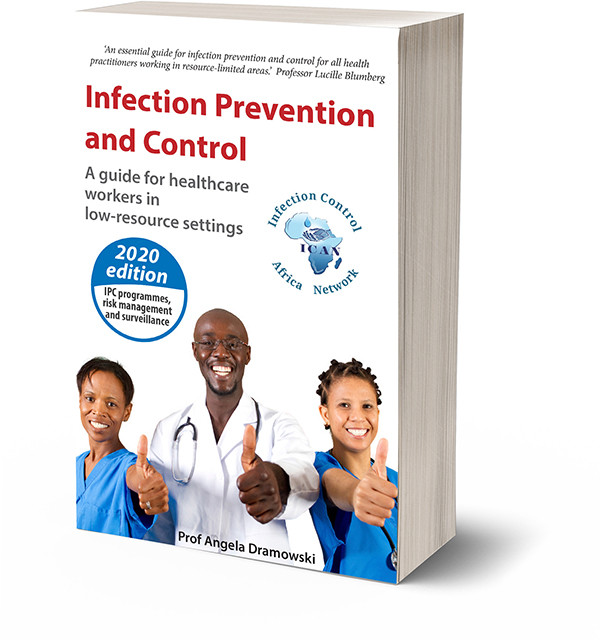Quiz 2: Childhood HIV
Please choose the one, most correct answer to each question or statement.
- How does HIV infection make a child sick?
- It damages the immune system
- It damages the heart
- It damages the brain
- How is HIV infection diagnosed in children?
- With a chest X-ray
- With a blood test
- With a clinical examination
- Which clinical sign is often seen in children with HIV infection?
- Constipation
- Weakness of the arms and legs
- A sore mouth due to oral thrush
- How many medicines are used to treat a child with HIV infection?
- One
- Two
- Three
- How often should the HIV medicines be given?
- Every day
- Five days a week
- Once a week
- What is good adherence?
- Taking medicine correctly every day
- Weighing a child at every clinic visit
- Attending school regularly
- What adverse effects may be caused by HIV medicines in children?
- A rash
- Swollen legs
- Red urine
- Should HIV infected children be given routine immunisations?
- No as it is too dangerous
- Yes as it is safe
- Only in children who are older than 6 months
- What is family-centred care?
- All treatment is given in the home
- The whole family should understand and help with the treatment
- Both parents must always go with the child for clinic visits
- How can adolescents avoid being infected with HIV?
- Delay the time of first sex and use protection when having sexual intercourse
- Take oral contraceptives
- Use traditional medicine

